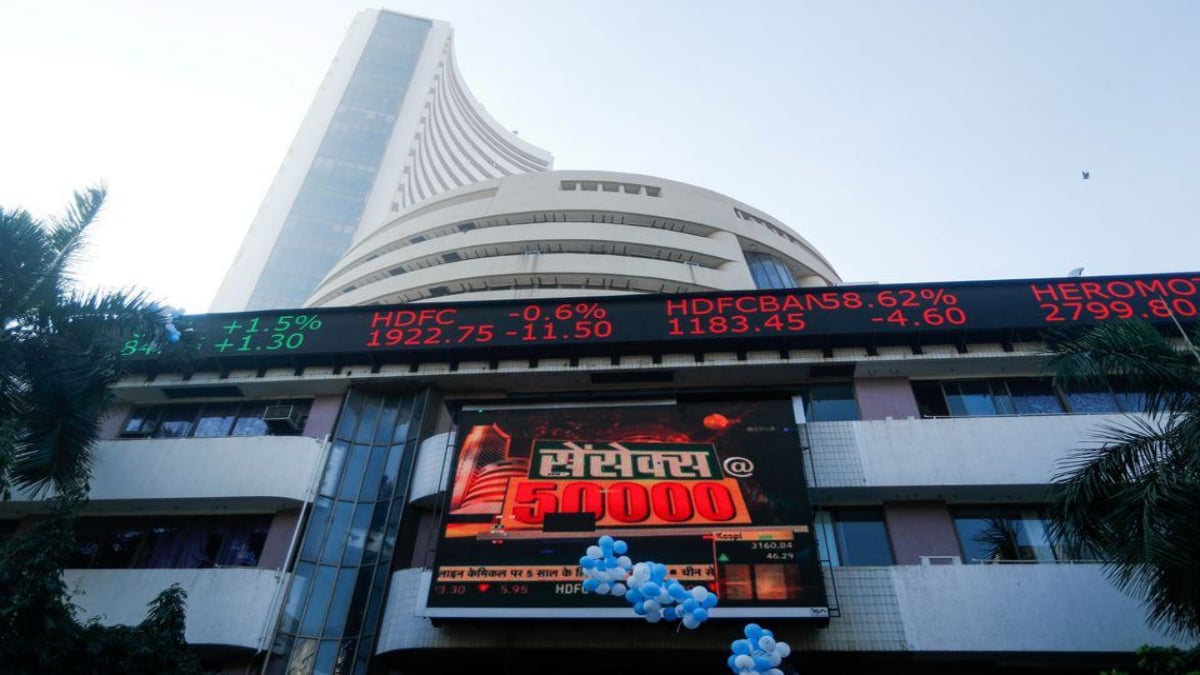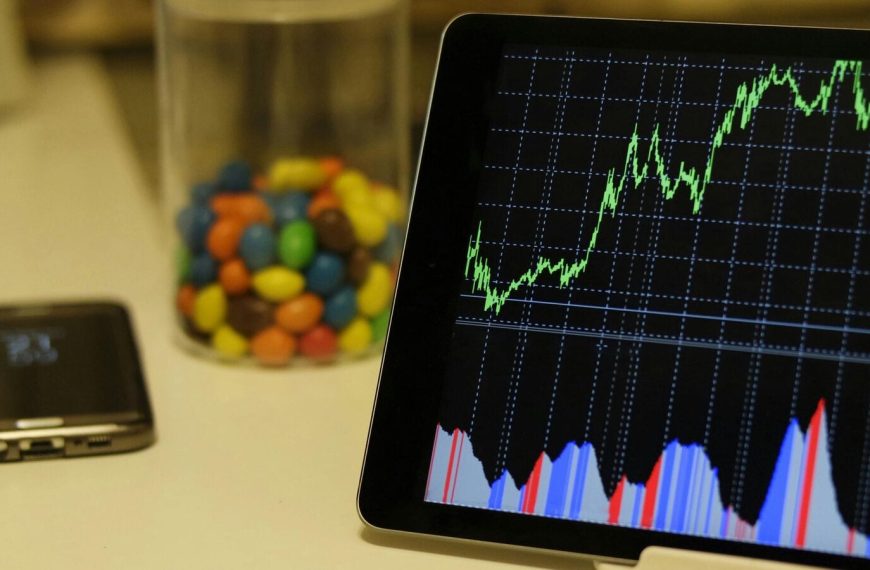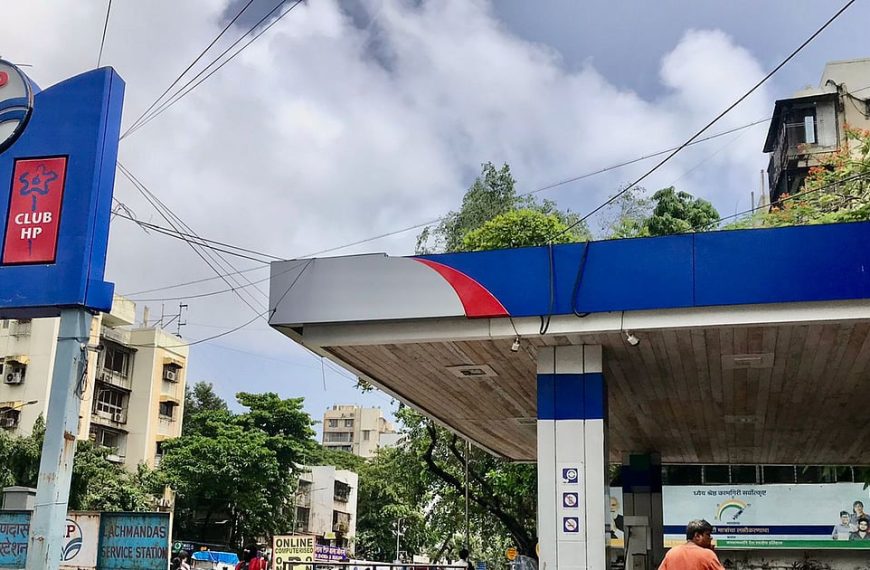In a significant market shift, Nuvama Institutional Equities has drastically reduced its target price for BSE from Rs 7,250 to Rs 5,160, marking a near 30% decrease. This adjustment follows the NSE’s strategic decision to move its index option expiry day from Thursday to Monday, placing it just a day before the Sensex index expiry. This change is expected to reshape trading dynamics in the industry.
Impact on Profit Estimates
Alongside the target price adjustment, Nuvama has also revised its profit projections for BSE. The brokerage firm anticipates a 13% reduction in net profit estimates for FY26 and an 11.6% cut for FY27. Despite this downturn, the earnings per share (EPS) is expected to grow at a compounded annual growth rate (CAGR) of 17.1% for the period from FY25 to FY27.
Trading Volume Concerns
The NSE’s decision is expected to decrease trading volumes, particularly affecting retail traders who are most active as expiry dates approach. By shifting the expiry day, the NSE aims to regain its previous market share of 83.6% recorded in December 2024. In recent months, BSE experienced a notable increase in premium turnover, particularly in January 2025, but the new expiry schedule could potentially diminish BSE’s share from 22% in February 2025 to an estimated 18%.
Regulatory Changes and Their Effects
The Securities and Exchange Board of India (SEBI) has introduced a consultation paper that could also impact market growth. Nuvama indicates that the proposed changes, which include a delta-based open interest (OI) calculation and new regulations to minimize artificial ban triggers in single stock derivatives (SSDs), may hinder trading volumes if implemented as currently outlined. While some SSD measures may be beneficial, the alterations to index derivative calculations are viewed as potentially detrimental.
BSE’s Recent Performance Highlights
BSE showed impressive performance in the third quarter of FY25, posting a remarkable 104% year-on-year increase in net profit, amounting to Rs 220 crore. Revenue from operations surged to Rs 773 crore, reflecting a 108% rise compared to the same quarter last year.
Comparing BSE and Sensex
Despite the recent downturn, BSE’s stock has seen fluctuations over the past month. The share price dipped 11% in the last five trading days and has plummeted nearly 30% in the past month. However, it has appreciated by 40% over the past six months and delivered an impressive return of over 80% in the last year.
In contrast, the Sensex index has shown modest growth of 1.66% in the past five days but has dropped more than 4% in the last month and 10% over the past six months. The one-year return for Sensex stands at a mere 0.8%.
As the market continues to evolve, investors should stay vigilant and informed about these developments, as they could significantly affect trading strategies and outcomes in the coming months.











